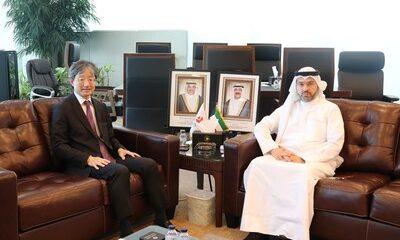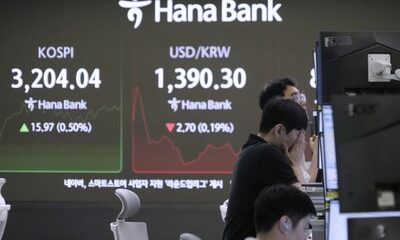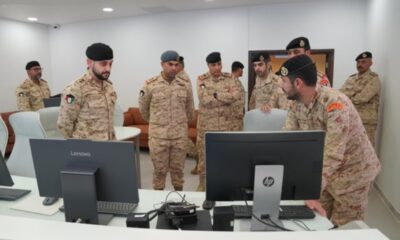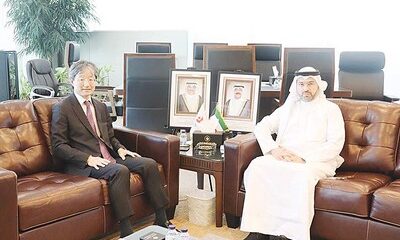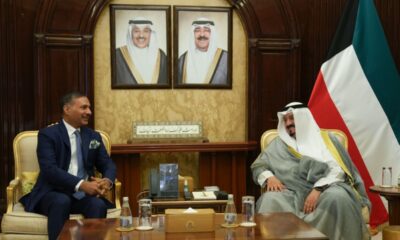Although Kuwait was ranked earlier this year as the second least expensive Gulf country in the 2025 World Cost of Living Index, many residents feel that the prices of certain goods or services remain disproportionately high compared to other countries. While essential services — such as electricity, water, and fuel — are heavily subsidized and therefore inexpensive, other aspects of life, including housing, entertainment, and branded products, often carry a much steeper cost.
Therefore, according to economic expert Dr. Amer Al Tamimi, the root of the issue lies not in government policy, but in people’s behavior — whether it’s business owners inflating prices or consumers adopting high-cost lifestyles. Each year the state allocates no less than KD 6 billion in subsidies for electricity, water, fuel, and even certain food items. “In fact, the government has made life remarkably affordable for citizens — perhaps even too affordable.” But while basic goods may be inexpensive, the same cannot be said for luxury and lifestyle products. According to Al Tamimi, the high standard of living and strong purchasing power among Kuwait’s resident’s fuels intense demand for premium items — from cars and watches to high-end services and entertainment.
“These items might be cheaper elsewhere, but in Kuwait, the appetite for luxury pushes prices higher,” he explained. Even mid-range categories, such as transportation and clothing, are considered expensive when compared to regional or global averages. Social behavior plays a significant role in shaping price dynamics. “Some individuals, despite earning modest incomes, make choices driven by appearances,” said Al Tamimi. “Someone earning KD 1,000 might buy a car with KD 500 monthly installments just to keep up an image.”
This desire to showcase wealth creates an artificial demand for high-end goods and services. As demand rises, so do prices, creating a feedback loop that affects everything from café menus to car dealerships. “There’s a culture of excessive consumption. People need to rethink their habits, as rational consumption can lead to lower prices overall,” he suggested. This culture of overspending is reflected in many lifestyle choices. “I am surprised to see people pay for coffee delivery when they can simply an easily make it at home,” said Altamimi.
While some spending habits may be avoidable, others — like housing — are fundamental and affect nearly everyone. Al Tamimi pointed to Kuwait’s real estate market as one of the most significant contributors to the high cost of living, citing the soaring price of land. “Land alone accounts for around 70 to 75 percent of the total cost of any building,” he explained. “This is very different from many other countries, where land is more affordable and makes up a smaller portion of overall costs.” This imbalance has driven up both property prices and rent, placing a heavy burden on households and businesses alike. For many residents, housing expenses consume a large share of their monthly income.
Another key issue, Al Tamimi argued, is the lack of competition in certain markets. “Some goods are effectively monopolized by one, two, or three importers,” he noted. This concentration of market power gives a small number of players the ability to set prices with little competitive pressure. To address this, he urged efforts to open up the market. “Breaking these monopolies and encouraging more entrepreneurs to enter different sectors could help,” he said. “We need to streamline business procedures and reduce bureaucratic hurdles that currently discourage new players. In many cases, we only have a handful of stores selling certain products. More competition will ultimately benefit the consumer.”



